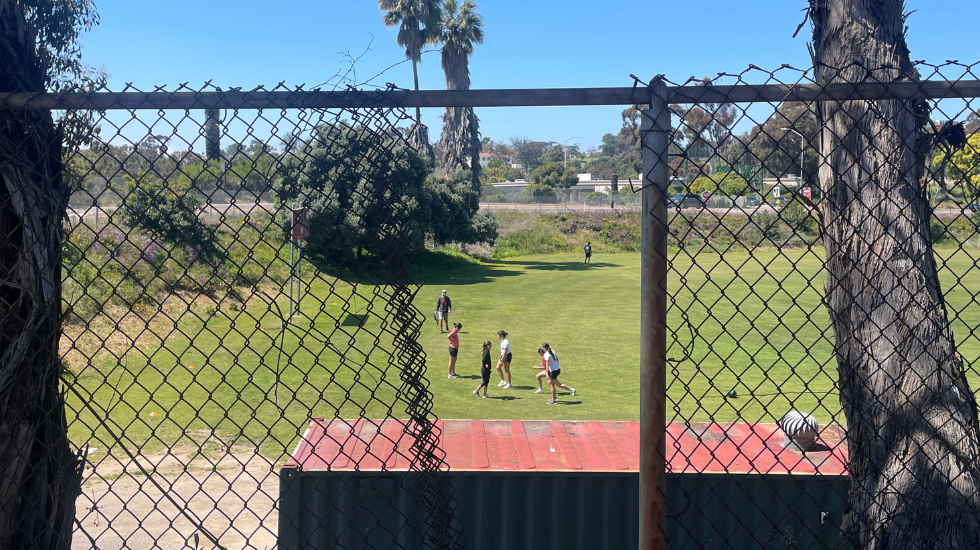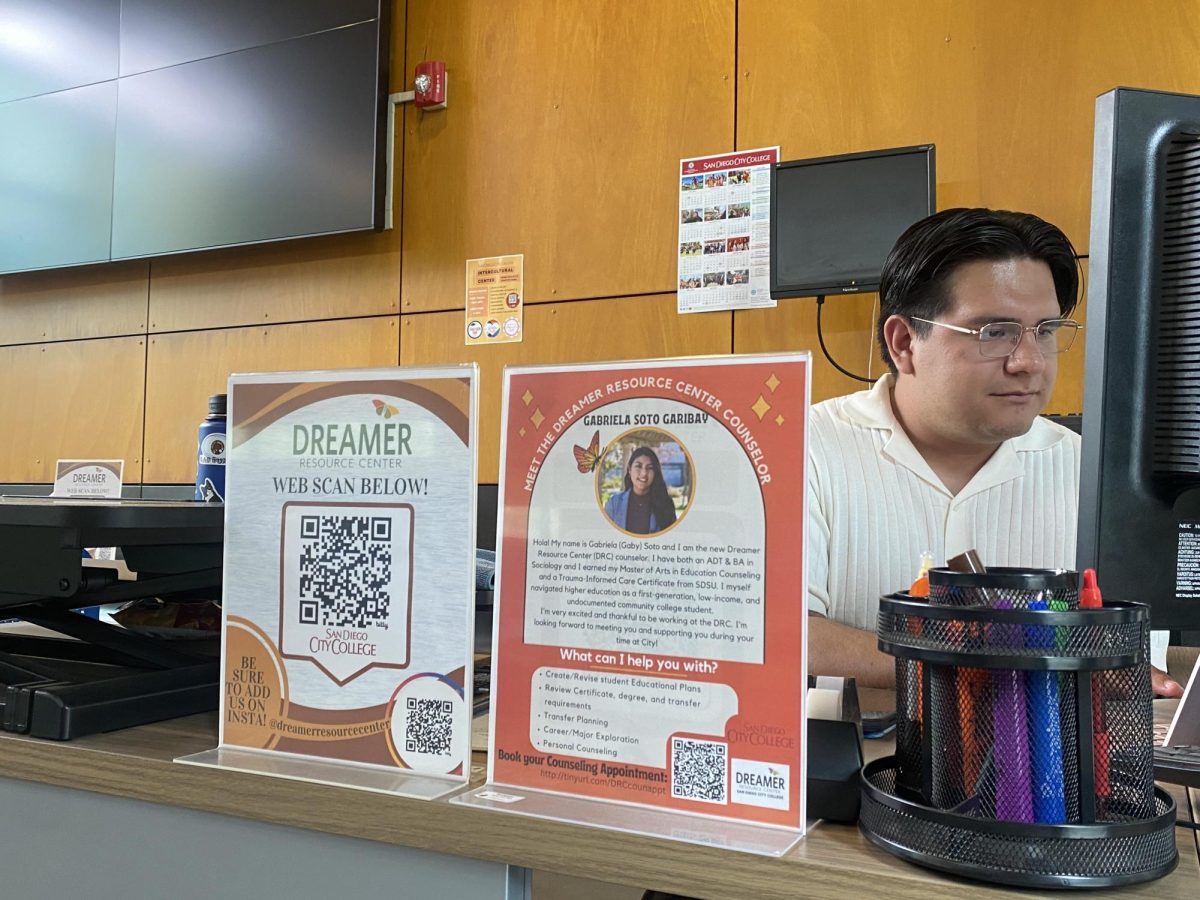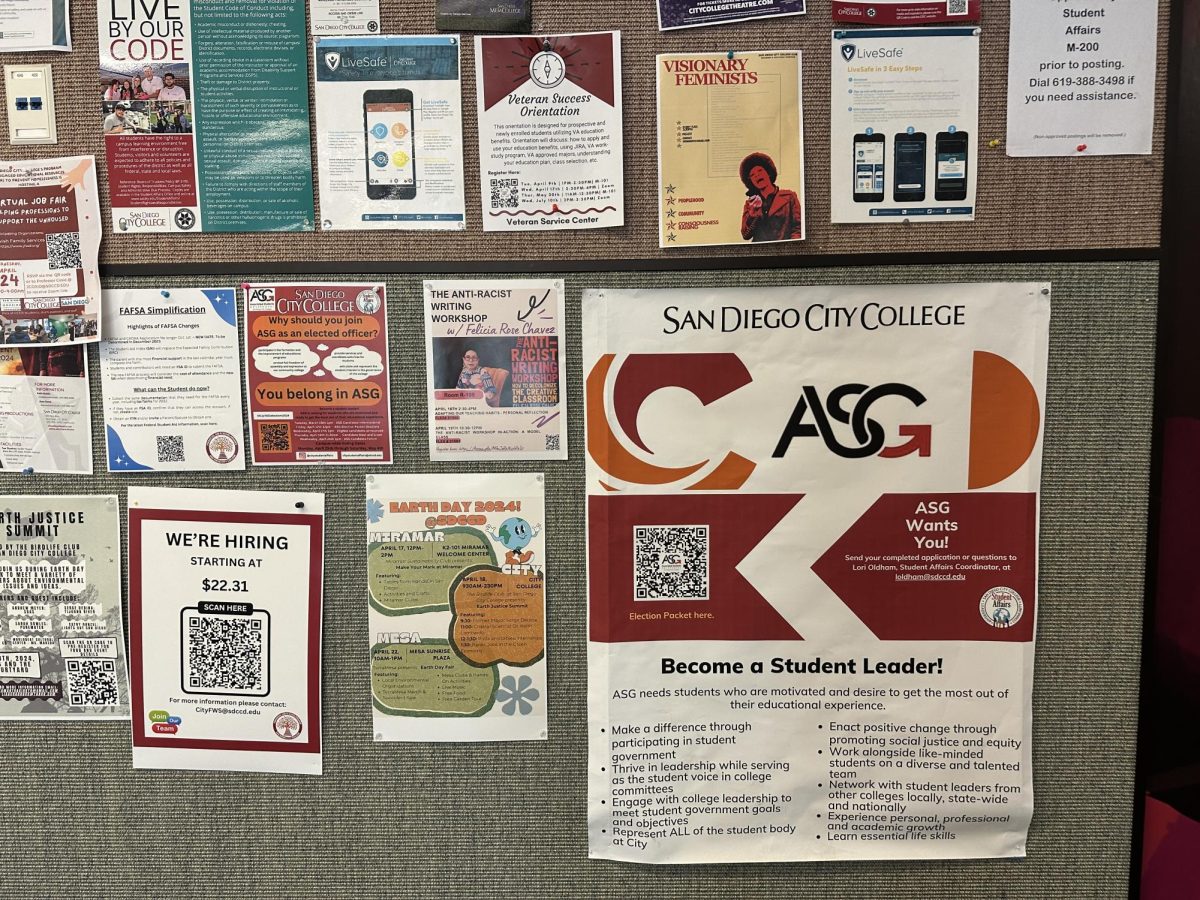Austin Taylor Bice studied international business at San Diego State University. His aspiration to conduct business in foreign countries was a perfect match for a program offered by his school that allowed students to spend a semester in Madrid, Spain.
Bice arrived in Spain on Jan. 15, but he would not finish his semester abroad.
The 22-year-old student went missing the night of Feb. 25. The last time he had been seen was outside a Madrid nightclub where he was apparently too intoxicated to be let inside. Police searched high and low for the SDSU student over the next ten days, and foul play was the public’s primary suspicion regarding Bice’s disappearance.
The San Diego student’s body was found March 8 in the shallow Manzanares River that flows through the city. No lacerations or signs of poisoning were discovered.
It seemed the college student was so intoxicated that he fell off a nearby bridge and drowned in the river below.
However, similar deaths of three men in Lille, France now have people questioning if a man the French have dubbed “Jack the Pusher” is the culprit.
Whether or not Bice was to blame for his own death, being prepared and more aware would have increased his chances of getting home safely that night.
So what is the study abroad program at City College doing to prepare students to stay safe in a strange country? International Education Coordinator Marion Froehlich explained the school’s procedures in educating students about the safety risks of studying abroad.
“We have a mandatory pre-departure orientation where we begin addressing these issues, but frankly most of the safety issues are addressed on site when they arrive in the host country,” Froehlich said. “Given what happened at San Diego State . we’ll make an additional effort to reinforce the safety issue.”
City College is prepared to deal with even the most serious situations abroad thanks to an organized response plan established several years ago.
“We also have a district emergency response plan that … addresses all kinds of issues, from natural disasters, to war, terrorism and what we are to do if something happens.” Froehlich explained.
The excitement of studying abroad derives from the mystery and intrigue of a foreign land and its array of possibilities. These adventurous possibilities are not always safe, however, and the personal responsibility that’s needed while being so far from home can make one a danger even to oneself.
“All of the sudden they’re free to drink without having the same restraints on them, so they tend to overdo it,” Froehlich said. “When they do start drinking, they drink to the point of being drunk and not having their senses about them.”
In a travel journal Bice recorded the party lifestyle of both local and foreign students in the European city.
“(I have been) staying back and watching hilarious drunken events occur from a relatively sober mind,” Bice noted.
Yet in the end Bice fell under the same destructive influence that he observed at these parties. Froehlich believes that having a sober buddy would have helped Bice get home safely that fateful night.
“Particularly at nighttime, they should not go alone anywhere,” Froehlich said. “When you’re in a foreign environment you don’t necessarily have all the background information you have in your hometown.”
According to the Bureau of Consular Affairs’ webpage at www.travel.state.gov, it is important to research emergency telephone numbers such as the local police department and the city’s U.S. embassy or consulate. It is also essential to learn as many important phrases of the local language as possible, and to avoid being loud and conspicuous in public places.
Also, try to appear purposeful when touring a foreign area. Even if lost, avoid asking for directions from anyone without authority.
Above all, the more students know about their environment and the more aware they stay at all times, the safer their trip will be.







